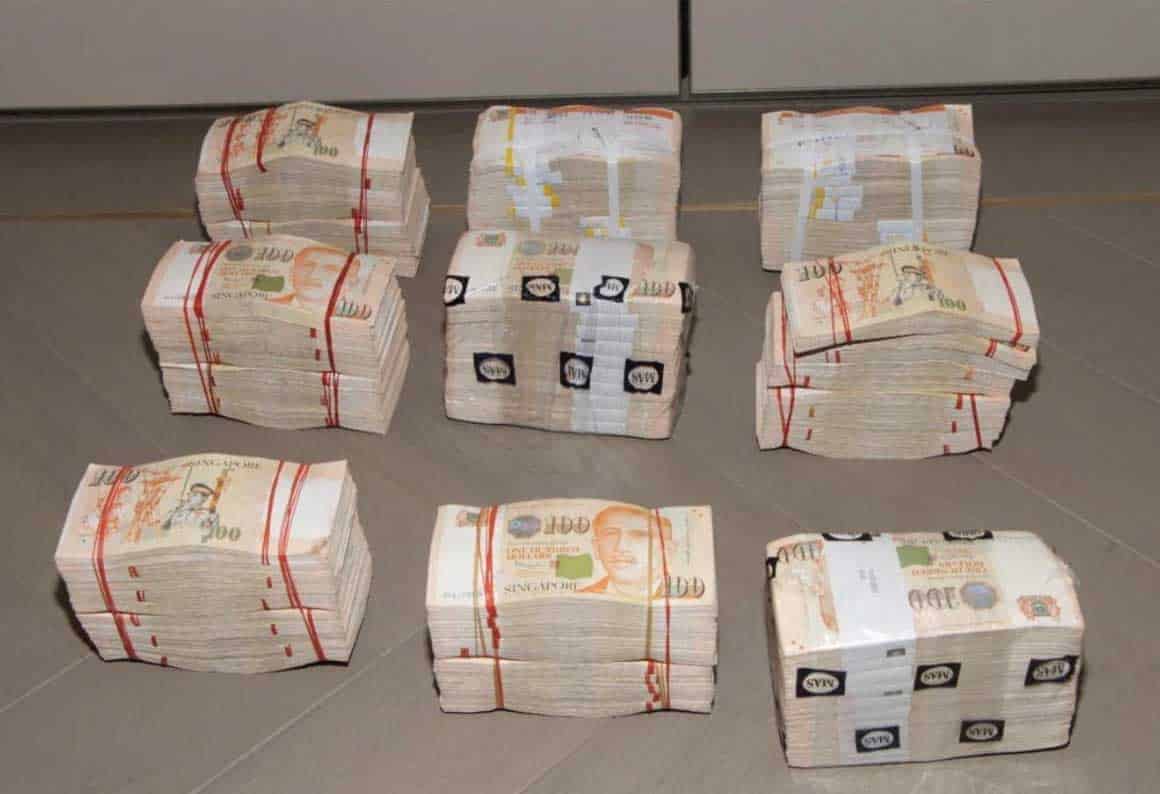A Singapore court on Thursday charged two former bankers for helping a group of foreigners who were convicted of laundering $2.2 billion last year in the biggest such financial crime in the Asian financial hub.
Both Wang Qiming and Liu Kai were relationship managers and Chinese nationals employed by Citibank and Swiss private bank Julius Baer, according to a Singapore Police Force statement and the court documents.
Wang, 26, faces 10 charges, including laundering almost S$500,000 ($379,708) and forging loan documents. Liu, 35, was charged with using a forged Chinese tax document to help one of the convicted money launderers open a Julius Baer bank account in Switzerland, the court documents showed.
Julius Baer and the lawyers of the two men did not immediately respond to a request for comment.
In a statement, Citibank said: “The individual in question has not been in our employ since April 2022. We do not comment on matters that are before the courts.”
Last August, authorities conducted simultaneous raids and arrested 10 foreigners holding multiple passports in a case that captivated the city-state because of the staggeringly large amount of money, cars, luxury goods and properties involved.
The 10 convicted money launderers were sentenced to jail terms of between 13 and 17 months, and were deported and barred from re-entering Singapore after completing their sentences.
Cypriot passport holder Su Haijin admitted to one charge of resisting arrest and two money laundering charges, and was sentenced to 14 months in jail. He has since been deported to Cambodia
Su had jumped from a second-floor balcony of a bungalow to try to evade arrest, the police said in August last year.
Wang Dehai, aged 34 at the time who also had a Cypriot passport was the last to plead guilty. Originally from China, he was handed 16 months in prison and deported to the UK.
Cyprus’ interior ministry said at the time it was closely following the case and would revoke their citizenship if necessary.
Akel MP Irene Charalambidou said she had asked for a full briefing from the interior ministry.
“The international stigmatisation of our country as a result of the abuse behind the golden passports should be immediately managed by the competent minister, so their passports are revoked.”
She specified she was waiting to hear if the interior ministry would be revoking the passports – alluding to the idea they must have purchased the passports under the controversial citizenship by investment scheme.
The case has prompted reforms in Singapore that include making it easier to prosecute money laundering cases.
Authorities have also set up an inter-ministerial panel to review the anti-money laundering process and inspect financial institutions suspected of involvement.
In June, the Singapore’s government said its banking sector poses the highest money laundering risk in the city-state.








Click here to change your cookie preferences